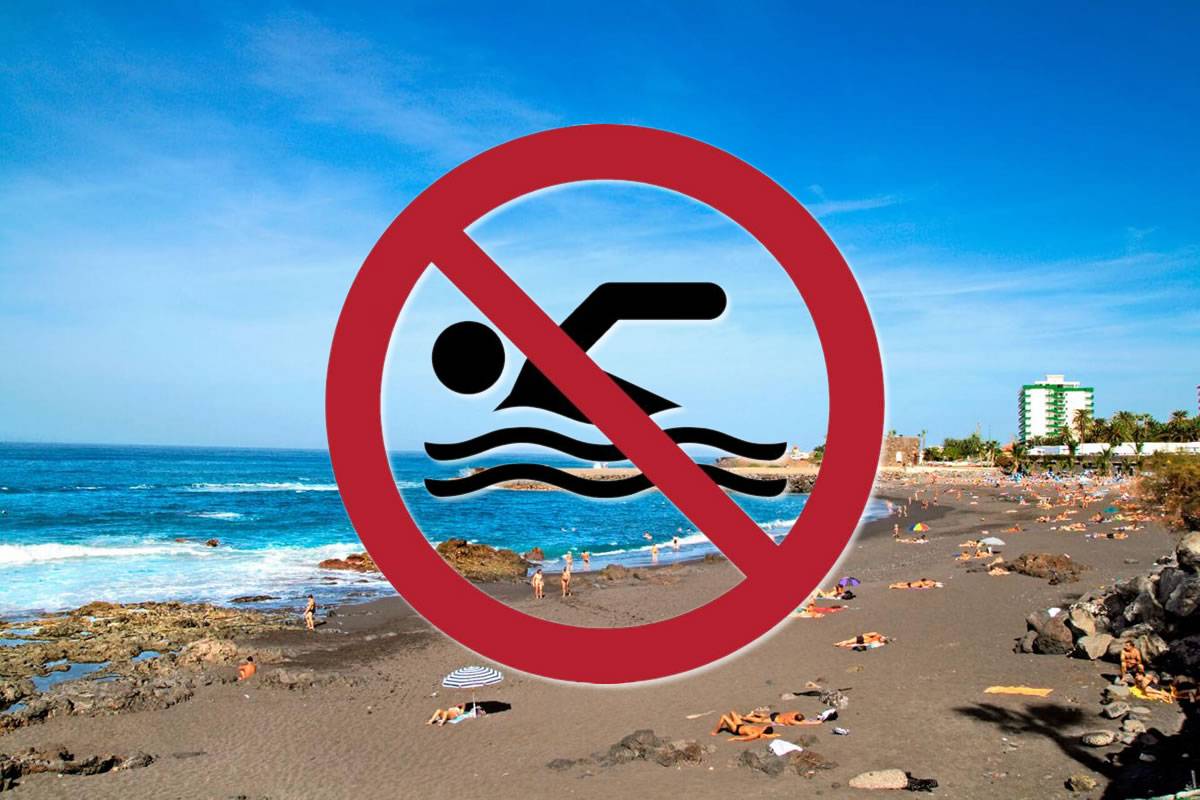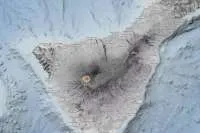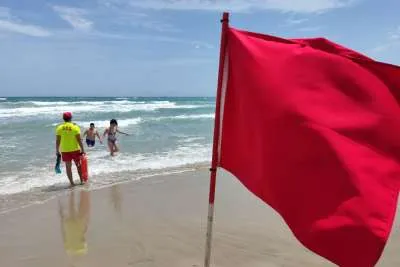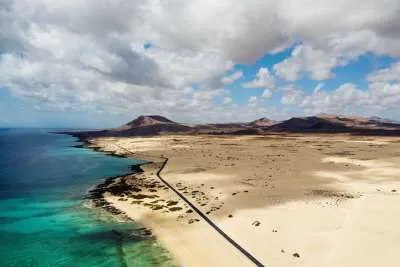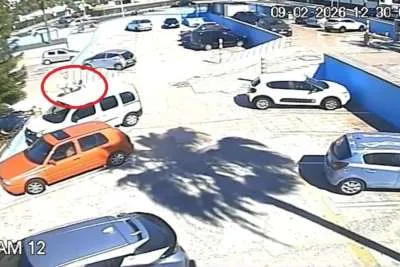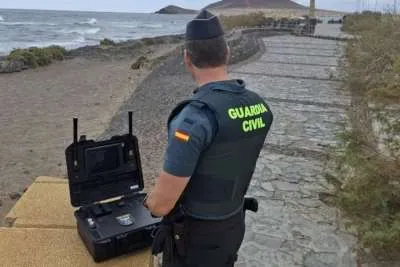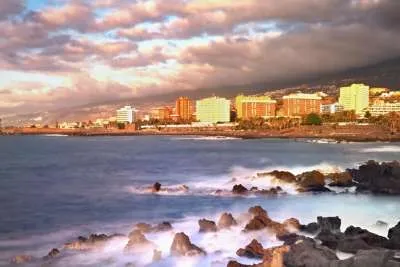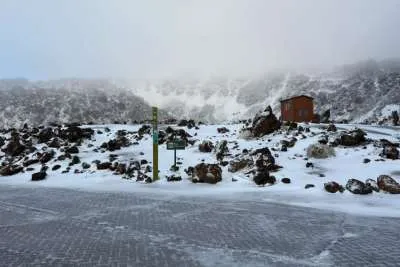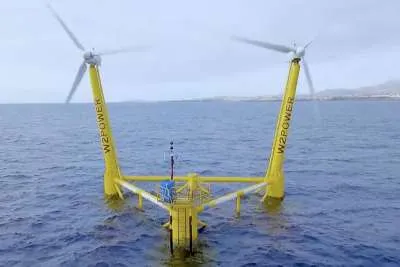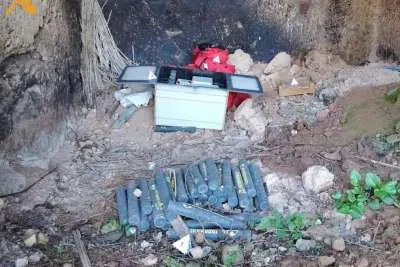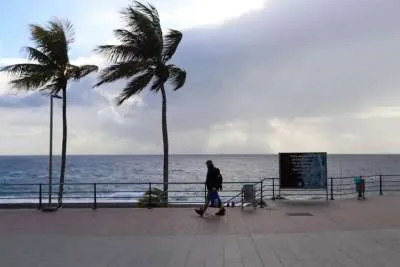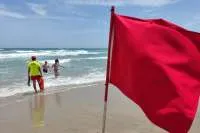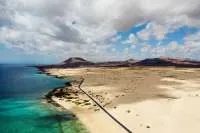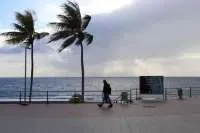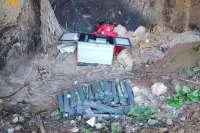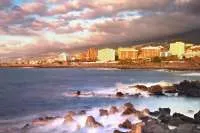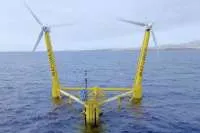Indefinite closure of another beach in Tenerife due to contamination
- 04-07-2024
- Tenerife
- Canarian Weekly
- Photo Credit: CW
Based on a report from the General Directorate of Public Health, the Puerto de la Cruz City Council has announced an indefinite ban on swimming at Playa Jardín due to contamination from wastewater. In coordination with the Canary Islands Government's health services, the Council will increase water quality testing, following all public health guidelines and advisories regarding water quality. The ban will only be lifted when the water quality improves sufficiently.
From today (Thursday), signs in multiple languages will be posted at all beach access points, informing the public that they are not allowed into the water. This measure is to protect public health, as water contamination with high levels of Escherichia coli bacteria has been detected. This contamination can cause gastrointestinal issues from swallowing the water, as well as respiratory problems, as well as ear, eye, nasal, and skin infections.
Following a report from the Ministry of Health and a consultation meeting held on Tuesday with the General Director of Public Health, and other officials, the decision to close the beach was confirmed. This measure addresses the ongoing decline in water quality at Playa Jardín, which has been deteriorating since at least 2016, with significant worsening in 2024.
The Public Health report details the water quality of various coastal areas in the municipality, highlighting Playa Jardín's significant drop from excellent to insufficient quality. Since 2016, Playa Jardín has experienced a gradual decline in water quality, unlike Martiánez and San Telmo beaches, which currently maintain excellent and good water quality, respectively.
The Mayor of Puerto de la Cruz, Marco González, expressed regret over the potential negative impact on the destination's image and the island as a whole but emphasised the necessity of precautionary measures. He is confident that the situation can be reversed if all administrations prioritise and fund the required actions.
The Community Welfare area, along with the city’s sanitation service provider, plans a comprehensive study to identify the underlying causes of the decline in water quality. There will be efforts to connect 100% of the residential and commercial sectors in Punta Brava to the general sewage network. An exhaustive analysis of the coastal environment will be conducted, with public cooperation encouraged.
Additionally, a project is underway to redirect wastewater from La Vera and Las Dehesas directly to the Comarcal Treatment Plant, bypassing the Playa Jardín pumping station.
The mayor also announced ongoing discussions with the Tenerife Cabildo and its Water Council (CIATF) to speed up a repair project for a leak due to a long-term crack in one of the waste pipes. The regional wastewater treatment and discharge programs comply with environmental regulations, but an urgent expansion of the treatment plant is needed. This plant has been operating at full capacity for years, receiving increasing wastewater from neighbouring municipalities, Los Realejos and La Orotava.
Other articles that may interest you...
Trending
Most Read Articles
Featured Videos
TributoFest: Michael Buble promo 14.02.2026
- 30-01-2026
TEAs 2025 Highlights
- 17-11-2025


